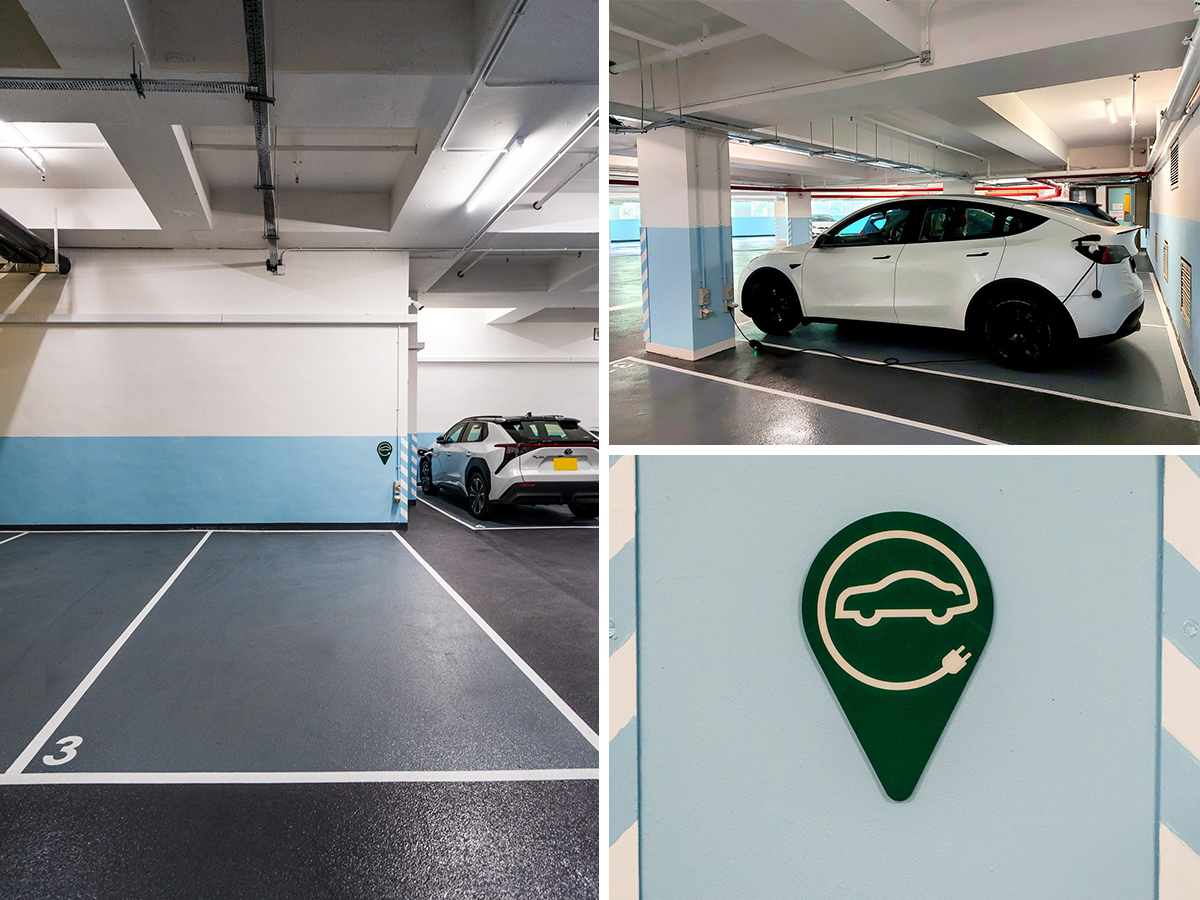Bioresource Upgrade for Sustainable Development on Lantau Island








- To recycle food waste/yard waste into valuable products, i.e. compost;
- To investigate different formulations of food waste/yard waste-based compost to enhance soil fertility;
- To apply food waste/yard waste-based compost in agriculture soil for growing crops in Lantau Island and
- To produce an education kit for turning food waste/yard waste into valuable products (compost) to enhance students' learning on sustainable development.
The EdUHK SDG Living Laboratory @ Tai-po - Community Well-being










The “Community Well-being” is part of the EdUHK SDG Living Laboratory @ Tai-po (EdUHK_LivLab@Tai-po) project. This project aims to contribute to the community sustainability of the Tai Po district and the focus is placed on the health and wellbeing of its community-dwelling older adults. It consists of the following objectives:
- To identify older adults in who have declined cognitive functions similar to those with mild cognitive impairments via the brief cognitive or auditory screening system.
- To offer older adults who show declined cognitive functions advice on physical activity and diet and nutrient, and refer those who showed risks of dementia to local agencies and the EdUHK Longevity Research Cluster, for training and medical or community-based follow-up.
- To examine and promote balanced food intake via an electronic nutrion monitoring system.
- To promote the EdUHK's role in promoting sustainability development goals and its expertise in aging, and health and physical activity.
Installation of Solar Panels at Covered Walkway from Block D4 to E


To promote the use of clean and renewable energy, 150 solar panels were installed at the covered walkway connecting Block D4 to E in Dec 2022 and the application for Feed-in Tariff(FiT) scheme was approved by CLP Power Hong Kong Limited. These solar panels can generate about 20,000kWh electricity per year, which is equivalent to the annual electricity consumption for 6 three-person family in Hong Kong (based on the statistic figures from EMSD of HKSAR). A rebate of total $120k was received from CLP through the FiT scheme in 2023 and 2024.
The installation of solar panels will be extended to the remaining covered walkway at Block E and will be completed by August 2025. Around 300 nos. of solar panels can be installed and the application for FiT scheme will be submitted to CLP after the installation. Afterward, it is expected that the total annual solar energy generation from these covered walkway will be 60,000kWh, which is equivalent to a reduction of 23,400kg of carbon emissions per year.
Installation of EV Charging Facilities at Block A Carpark






Electric vehicles (EVs) are powered by cleaner energy when compared with fuel vehicles that using internal combustion engines powered by fossil fuels. The fuel vehicles are one of the major sources of greenhouse gas emissions, contributing to global warming and climate change. In addition, the air pollution caused by fuel vehicles has health impacts to the society. Therefore, switching from fuel vehicles to EVs will help the reduction of carbon emissions and mitigate the air pollution caused by transportation.
The installation of more EV charging facilities may encourage campus users to switch from their fuel vehicles to electric vehicles which is related to SDG 3, 7 and 13. The proposal involves installation of about 120 13A sockets for EV charging on LG1, LG2 and LG3 of the carpark at Block A. The project will be completed by April 2025 and there will be around 150 charging points in the carpark, which is about 50% of the total parking lots in the carpark. This initiative can contribute to a total of 400,000kg reduction in direct carbon emissions per year if 50% of our carpark users switch to EVs.





